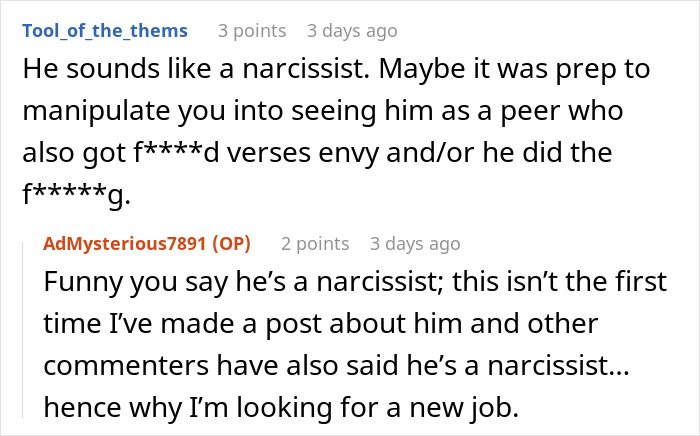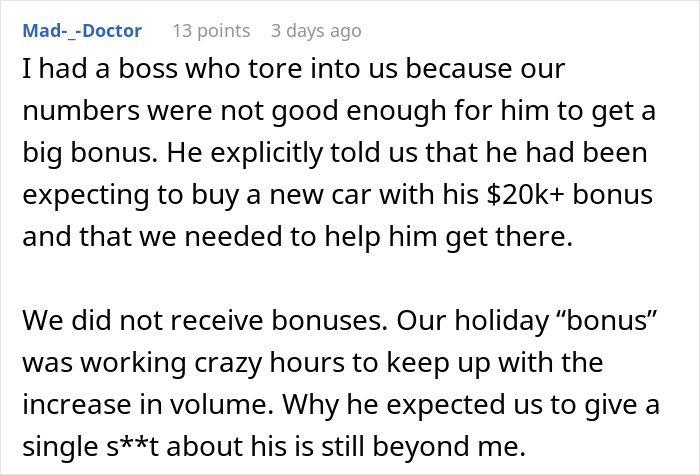Holiday bonuses can be a great way for the employer to show workers that they’re an important part of the company.
However, when Reddit user AdMysterious7891 got hers, she felt the complete opposite.
Recently, the woman submitted a story to the platform’s ‘Anti Work‘ community, describing the moment when her boss, who receives a six-figure salary, complained to her about how his year-end incentive was “just” $10,000 while handing her a check that’s 50 times smaller.
His tone-deaf actions underscored the glaring disparity between management and staff at that particular office

Image credits: wasant1 / Envato Elements




Image credits: Sora Shimazaki / Pexels
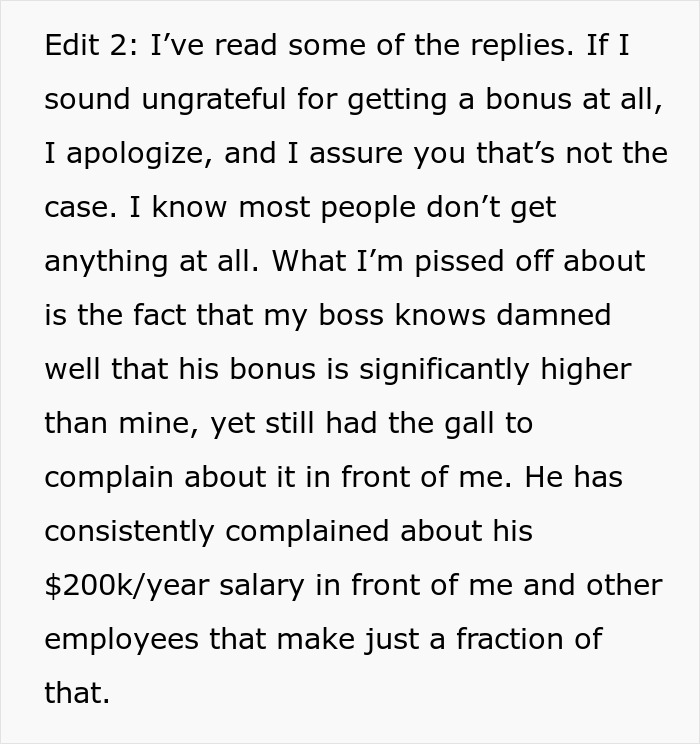

Image credits: Ketut Subiyanto / Pexels
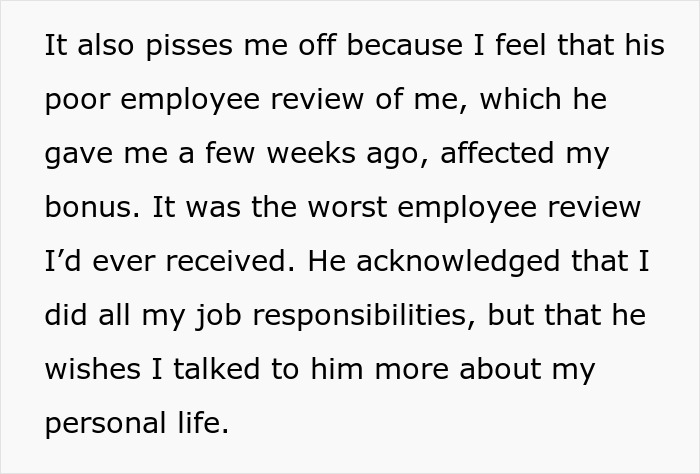

Image credits: AdMysterious7891
Image credits: Alex Kotliarskyi / Unsplash (not the actual photo)
While bonuses aren’t the most important thing in the world, poor management can significantly impact employee morale and overall organizational success
“Holiday bonuses certainly have the potential to increase employee morale, but they aren’t guaranteed to do so,” Keith Spencer, Career Expert at FlexJobs, a platform that helps people find remote, hybrid, and flexible job opportunities, told Bored Panda.
“Holiday bonuses can make employees feel more appreciated, but if they are not distributed fairly, they could end up leading to resentment and dissatisfaction. They can also help make employees more enthusiastic about their work, but the positive effects can wear off quickly if there aren’t other systems or structures in place to make them feel valued on a regular basis,” Spencer explained.
In fact, according to a 2022, FlexJobs survey, just a little over one-third of people (34%) see bonuses among the compensation/benefits that matter the most to them. For comparison, the number one response, salary, resonates with 83% of respondents. Other options rank as follows:
- Flexible scheduling (63%);
- Health insurance (63%);
- Vacation time (62%);
- Retirement plans (50%);
- Training and education (44%);
- Special company perks (35%);
- four-day workweek (29%);
- Equity (21%);
- Paid parental leave (18%).
“At the end of the day, bonuses are not a substitute for good management and a healthy workplace culture,” Keith Spencer of FlexJobs added.
While there may be as many styles of management as there are managers, the one quality that sets the truly great ones apart from the rest is that they discover what is unique about each person and then capitalize on it.
These folks know and value their team members’ unique abilities, including their eccentricities, and know how to integrate them into the bigger picture.
During the time when only 23% of employees worldwide (and 32% in the U.S.) are engaged at work, treating them with indifference can seriously backfire.
As the post went viral, many people used it as an opportunity to talk about their own holiday bonuses


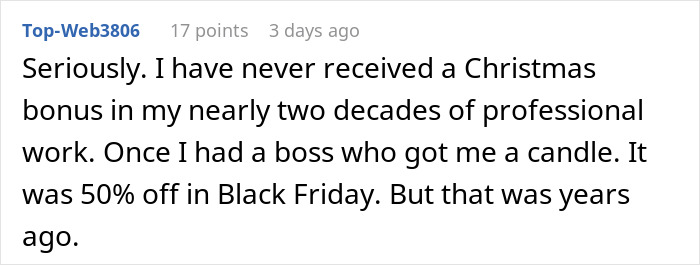



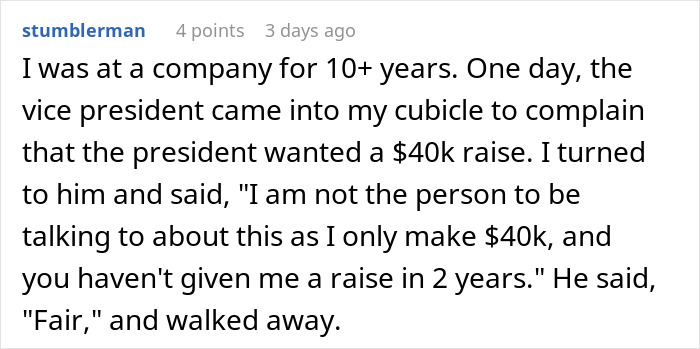

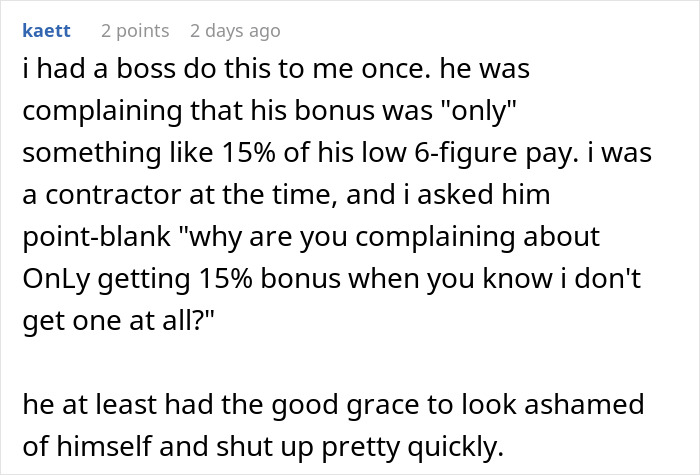
Many had strong reactions to the story
